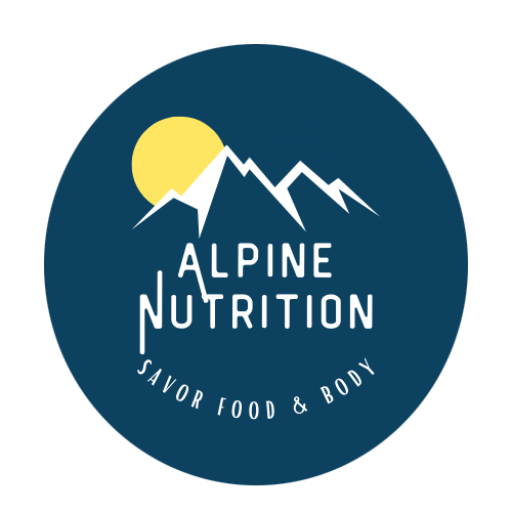What emotional eating habits do you struggle with? For people going through perimenopause and menopause, emotions can be all over the place. Food is an easy source of emotional comfort. But if you’re concerned about weight gain after 40, you need more than food in your emotional coping toolbox.
The most common emotional eating habit I hear from clients and women in the Midlife Feast Community is boredom eating.
This is when you need a distraction from whatever you “should” be doing – work, chores, online meetings, etc.
It’s an example of eating without the strong emotions typically associated with emotional eating, anger, loneliness, grief, etc. Boredom eating is flatline emotional eating.

If you’re like the women I see in my private practice and Midlife Feast Community, you’re eating because there’s a lack of novelty, newness, or adventure somewhere in your life. No judgment. Just an observation.
For example, you might be drawn to grab a handful of chips, candy, or other snack food as you pass by the pantry before joining ANOTHER Zoom Call meeting.
The food distracts you from the meeting when you’d rather be out on a walk, traveling, or lounging by a lake somewhere. But then what?
When you realize the food can’t magically teleport you to any of those scenarios. It can’t help you figure out how to find novelty in your life. What happens?
You end up fuckit eating the rest of the afternoon and evening.
When was the last time you thought, “I already blew it with the cookies and chips at 3 pm, I might as well order pizza and polish off the ice cream for dinner?”
The food doesn’t matter—the why behind the eating matters more.
Fuckit eating (like last supper eating) is any time you eat beyond your food rules/guidelines and think, “I’ll get back on track tomorrow – might as well enjoy it while it lasts.”
When that happens, and you feel like you’ve lost control of your eating (and health goals), consider this…
First, fuckit eating isn’t your fault, and it’s got nothing to do with willpower (that’s diet culture BS).
Second, think back. What you were doing before eating the food?
What thoughts were running through your mind? How was your pace of eating?
If there are ANY thoughts related to restriction or judgment of the food – i.e., it’s not healthy, I shouldn’t be eating so much, etc, emotional eating will happen, hands down.
Also, if you start feeling anxious, overwhelmed, or any other difficult feeling and need a distraction, fuckit eating can be triggered.
The point is NONE of these scenarios is your fault and all of them are part of being human.

How can you understand and stop emotional eating?
The go-to strategy that helped me become more aware of my emotional eating habits was a small, pocket-sized, journal. Yes, the size matters.
It can be intimidating to sit down in a plank 8.5×11 inch notebook and think you’re going to solve your emotional eating struggle by letting the words flow onto the page. Forget that!
Journaling can be one of the most effective emotional eating distraction strategies, as long as you don’t make it too difficult.
Don’t worry about sentence structure, flowing paragraphs, spelling, etc. Bullet points work great! Key phrases are enough.
Answer these prompts:
- Where would you rather be than in the Zoom Meeting?
- Are you missing newness, a sense of adventure, or novelty in your life?
- Why do you want the food right now?
Get the answers to these questions out of your head and on the page.
This practice will help you find clarity with emotional eating. It will help you discover the next steps to take to have more novelty, newness, or a sense of adventure in your life.
If you’re stuck on “what do I write down…”
Read this blog post to learn 5 simple steps to help you understand the “why” behind emotional eating – without self-blame. Use the 5 steps along with the bullet point journal strategy to understand why you’re eating without physical hunger.
These tools will also help you create the next steps to move forward beyond using emotional eating the only tool in your emotional coping toolbox.




